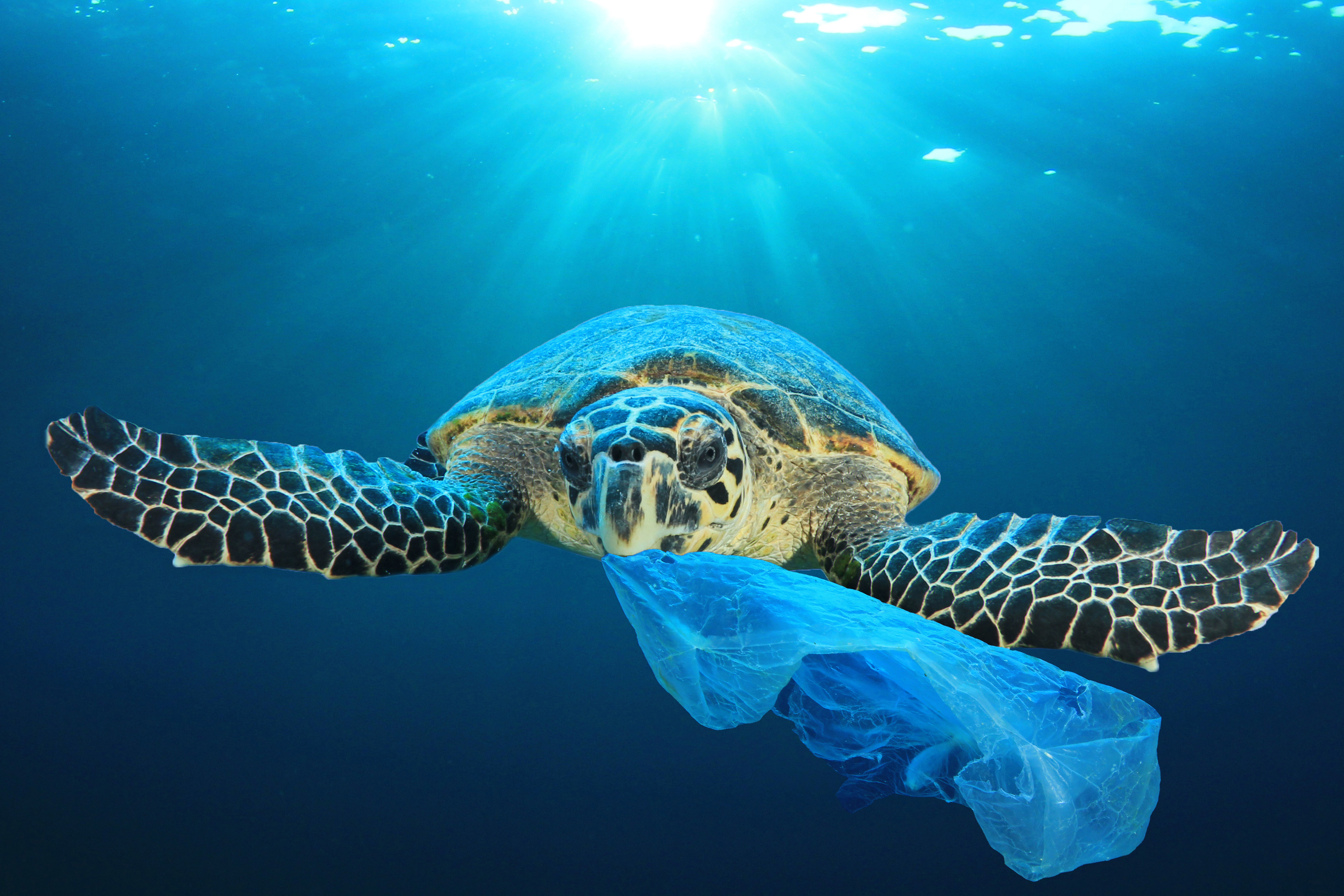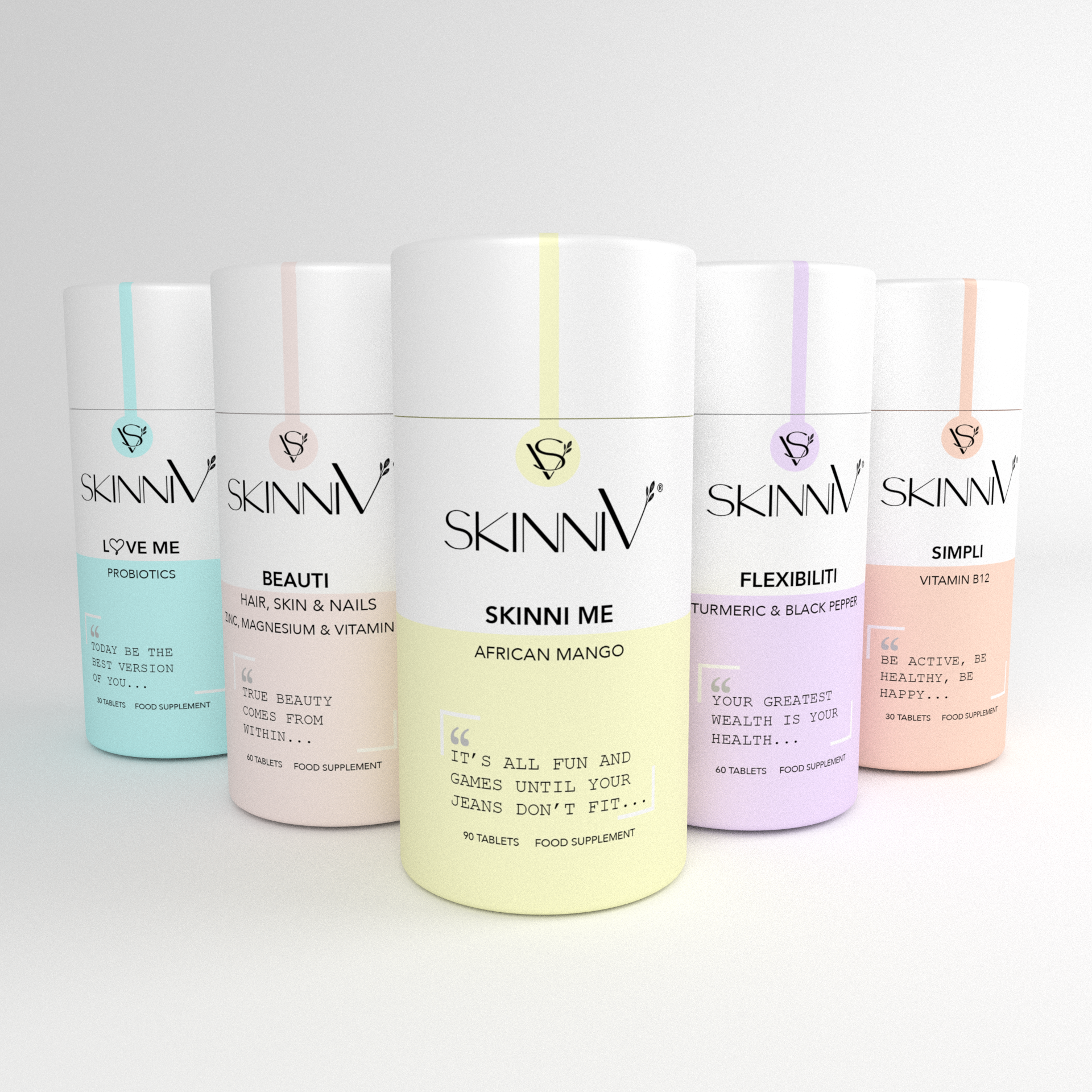Todays throw away culture is a massive problem, we seem to be living in a world where the majority just doesn’t care about the social and environmental impact that they have and leave on society and the world around them. We seem to be moving into a culture of “so what, as long as I’m happy”.
The ramifications on our actions are highly publicised so why are so many so ignorant to their actions and responsibilities from our neighbours to world leaders? Third world countries obviously don’t have the infrastructure to be able to recycle at the moment which needs to change and change quickly.
Surely though we need to change the way we use single use plastics, these account for 40% of plastics that are produced every year. Why the hell are we wrapping fruit and veg in plastic? This comes down to the way we currently live, we want things that save us time as we rush around from work to shop to home. We are becoming more and more lazy looking for the easier option as we seem to be so busy.
So why not eliminate the problem at source?
Superstores and manufacturing need to have the spot light shinned upon them on how they package products. Single use plastics have to be stopped or be made to be able to be recycled or use compostable plastics that decompose within one year.
Check out some facts below that are shocking!
• Half of all plastics ever manufactured have been made in the last 15 years.
• Production increased exponentially, from 2.3 million tons in 1950 to 448 million tons by 2015. Production is expected to double by 2050.
• Every year, about 8 million tons of plastic waste escapes into the oceans from coastal nations. That’s the equivalent of setting five garbage bags full of trash on every foot of coastline around the world.
• Plastics often contain additives making them stronger, more flexible, and durable. But many of these additives can extend the life of products if they become litter, with some estimates ranging to at least 400 years to break down.
We have found 5 companies that are leading the way and taking action now!
- Skinni V is a brand new company that sells natural, clean, plant-based food supplements. All the packaging is plastic-free, fully recyclable and biodegradable. We love the fact they don’t add plastic scoops, instead they sell coconut wooden scoops for their protein shakes which all come in gorgeous designed card tubes. Skinni V also offers customers the option to buy refills for their tubes. They are definitely leading the way!
2. Houdini Sportswear 100% of all the fabrics that Houdiniuse this season are recycled, recyclable, renewable, biodegradable or Bluesign certified!
Their main goal is to create real alternatives to linear consumption. A circular system, where long-lasting products can be used, repaired and reused and then finally become new resources. What a great idea!

3. IKEAhas invested in sustainability throughout its entire business operations, including things customers can readily see and things they can’t. It starts with their supply chain, where the Swedish furniture-maker has sourced close to 50 per cent of its wood from sustainable foresters and 100 per cent of its cotton from farms that meet the Better Cotton standards, which mandate reduced user of water, energy and chemical fertilisers and pesticides.
You can also see their commitment to sustainability at the store.IKEA has more than 700,000 solar panels powering its stores and plans to start selling them to customers in the UK. In 2012, IKEA announced its goal to be powered by 100 per cent renewables by 2020 — but just four years later, it upped the ante aiming to be a net energy exporter in the same time.
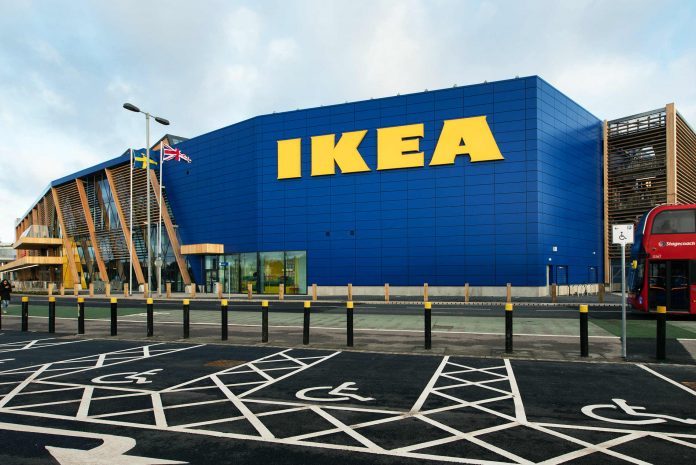
4. Beyond Meat believe there is a better way to feed the planet. Beyond meat’s mission is to create The Future of Protein® — delicious plant-based burgers, sausage, crumbles, and more — made directly from simple plant-based ingredients.
By shifting from animal, to plant-based meat, Beyond Meatare creating one savory solution that solves four growing issues attributed to livestock production: human health, climate change, constraints on natural resources and animal welfare.
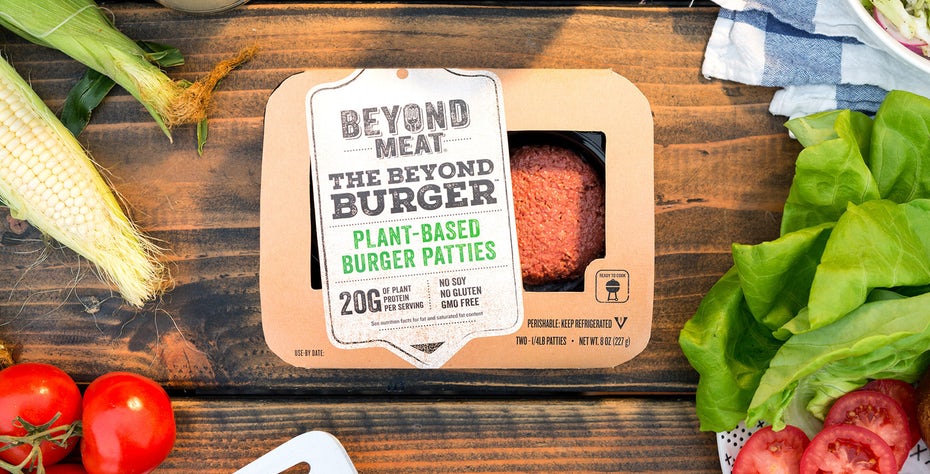
5. Lush You don’t have to be a green company to have green practices. Whatever industry you’re in, there are ways to integrate more sustainable practices to make your business more eco-friendly.
Take a page out of Lush’s book and implement a recycling program, offering a free product or discount in exchange for recyclable goods. For example, if you own a clothing boutique, you might offer a discount to customers who bring in a bag of clothing to donate.
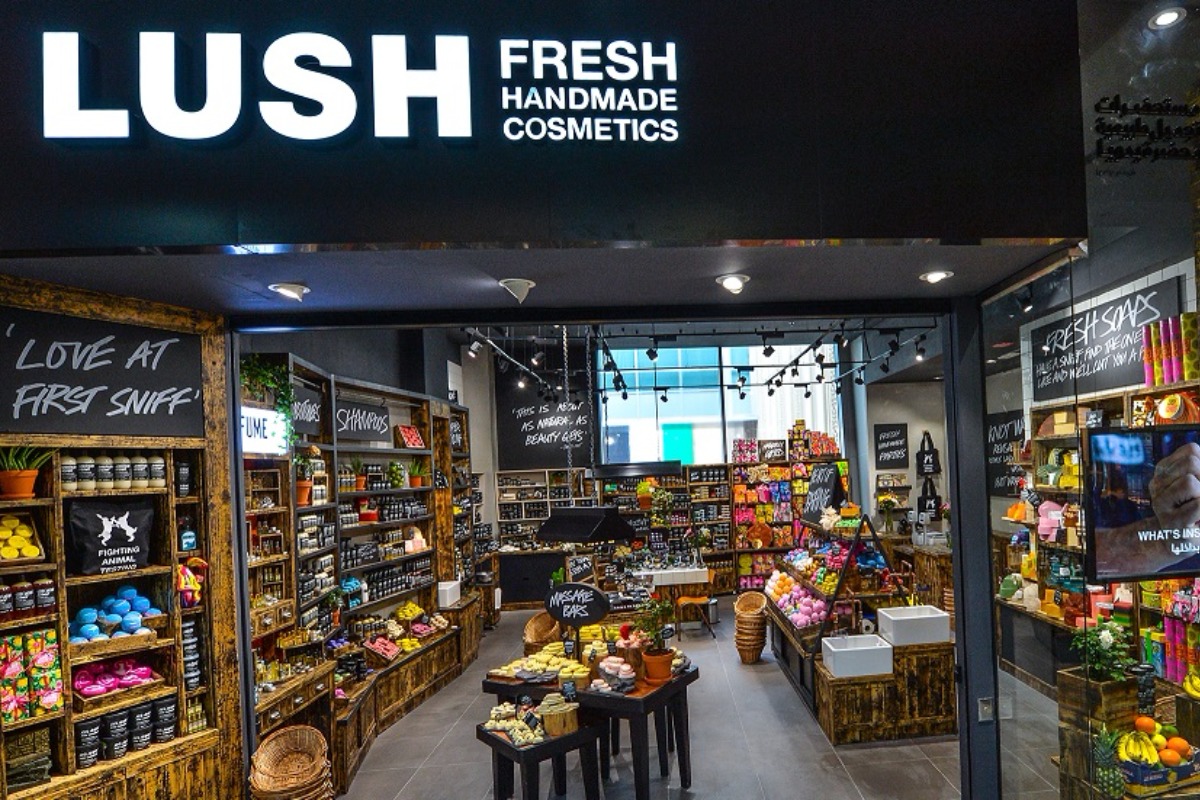
Plastic isn’t going away, lets face it plastic has revolutionised our world, love it or hate it you will be reading this on a device that has plastic in it! Look around you we need plastic, it’s the unnecessary plastics that we don’t need, it’s how we re-use the plastics that are already out there from recycling and education. We have the education and the solutions and thankfully there’s a global treaty thats been negotiated by the United Nations that’s going to spearhead the change thats required in order to protect our environment.
We all need to do our bit to eliminate plastic waste.


